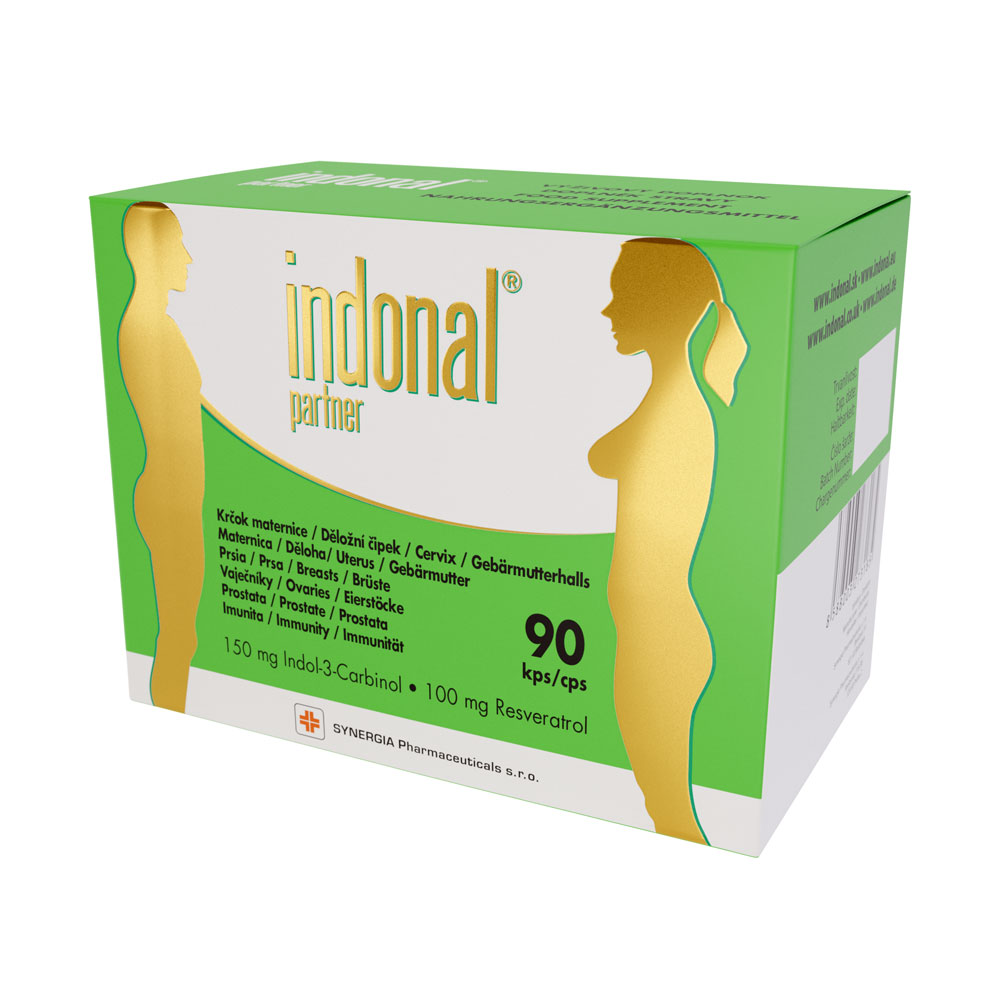Prostate cancer (prostate carcinoma) is a type of cancer that develops in the prostate gland, a small gland located below the bladder in men. The prostate produces fluid that is part of semen. This cancer is one of the most common cancers among men, especially in older age.
Prostate cancer occurs when cells in the prostate begin to grow uncontrollably. This abnormal growth can lead to tumor formation. Prostate cancer can be localized (confined to the prostate) or it can metastasize (spread to other parts of the body, such as bones and lymph nodes).
Symptoms of Prostate Cancer
Note: In the early stages, prostate cancer can be asymptomatic!
Later symptoms may include:
- Urination problems (difficulty starting or maintaining urination, weak urine stream)
- Frequent urination, especially at night
- Pain or burning during urination
- Blood in the urine or semen
- Erectile dysfunction
- Pain in the lower back, hips, or pelvis
Risk Factors
The main risk factors include:
- Age: The risk increases with age, especially after 50.
- Family history: Having a close relative with prostate cancer increases the risk.
- Lifestyle: A diet high in fats, obesity, and lack of physical activity can increase the risk.
What Helps with Prostate Cancer?
For less aggressive forms of cancer that grow slowly, regular monitoring and adding more cruciferous vegetables, such as broccoli, cabbage, kale, and cauliflower, to the diet can be beneficial. Recently, many studies have focused on the active compound indole-3-carbinol (I3C) found in cruciferous vegetables. Studies suggest that I3C has anticancer effects, including the potential to affect prostate cancer.
- Neutralizes free radicals: I3C helps neutralize free radicals, which can cause DNA damage and promote cancer cell growth.
- Influences estrogen metabolism: I3C affects enzymes responsible for estrogen metabolism, which is important because some estrogen metabolites can promote cancer cell growth.
- Promotes apoptosis: I3C supports apoptosis (programmed cell death) in cancer cells, reducing their number and preventing the formation of new blood vessels needed for cancer cell growth and spread.
- Affects signaling pathways: I3C influences various cell signaling pathways important for cancer cell survival and proliferation.
Saw Palmetto (Serenoa repens):
- Inhibits 5-alpha-reductase: Saw Palmetto inhibits the enzyme 5-alpha-reductase, which converts testosterone to dihydrotestosterone (DHT), a hormone linked to prostate growth. Blocking 5-alpha-reductase reduces DHT levels, thereby shrinking the prostate.
- Anti-inflammatory properties: Saw Palmetto has anti-inflammatory properties that help reduce inflammation and swelling in the prostate.
- Antioxidant content: Saw Palmetto contains antioxidants that help protect cells from damage caused by free radicals.
Prevention
Prevention includes maintaining a healthy lifestyle, regular medical check-ups, and being aware of family history. A healthy diet rich in broccoli, cabbage, other cruciferous vegetables, maintaining a healthy weight, and regular physical activity are important.
Dear men, the best prevention for every man over 40 is regular medical check-ups. Please take care of yourselves!
Source:
- Celostnimedicina.cz “Indol-3-karbinol (I3C) ako prevencia nádorových ochorení”25. 11. 2009. https://www.celostnimedicina.cz/indol-3-karbinol-i3c-jako-prevence-nadorovych-onemocneni/
- Celostnimedicina.cz “Regulácia hormonálnych hladín a ochrana pred nádormi pomocou indol-3-karbinolu” 26. 09. 2006. https://www.celostnimedicina.cz/regulace-hormonalnich-hladin-a-ochrana-pred-nadory-pomoci-indol-3-karbinolu-pharmdrtomas-arndt/
- Balk JL. Indole-3-carbinol for cancer prevention. Alt Med Alert. 2000, 3:105-107
- Cohen JH, et al. 2000. Fruit and vegetable intakes and prostate cancer risk. J Natl Cancer Inst 92:61-8.
- Chinni SR, et al. 2001. Indole-3-carbinol (I3C) induced cell growth inhibition, G1 cell cycle arrest and apoptosis in prostate cancer cells. Oncogene 20:2927-36.














